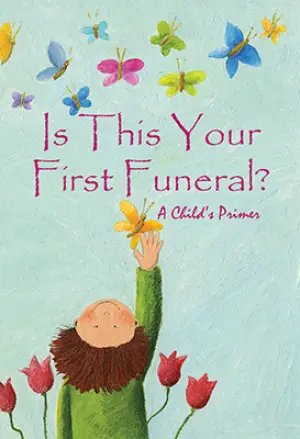Book Review: Perfect: A Novel (Flawed, 2) by Cecelia Ahern
When I first stumbled upon “Perfect,” the sequel to Cecelia Ahern’s captivating debut, “Flawed,” I was instantly drawn in by the promise of a deeper exploration into a world that feels all too relevant today. Ahern, known for her enchanting storytelling and intricate plots, takes us back into a society that values perfection over humanity, and I was excited to see how Celestine North would navigate this perilous landscape.
From the very beginning, Celestine’s journey captivated me. After being branded Flawed—an unforgivable sin in her world—she becomes a ghost, scrambling to survive while trying to keep her secret hidden. This secret, which could dismantle the entire Flawed system, adds an exhilarating layer of urgency. As I turned the pages, I felt her desperation and resolve; it is incredibly easy to root for a character whose moral compass is unwavering even in the face of overwhelming odds.
In “Perfect,” Ahern brilliantly weaves themes of societal judgment, the quest for identity, and the cost of imperfection. She sparks a profound conversation about empathy and compassion, forcing readers to reflect on their own perceptions of flaws—not just in ourselves, but in the constructs we create around morality and injustice. It’s no wonder this book resonates with so many in our current climate, as Ahern holds up a mirror to the world we live in.
Ahern’s writing style is as eloquent as ever. The pacing swiftly propels the reader through moments of intense action and quiet contemplation, making it hard to put the book down. The seamless blend of suspense and thoughtful reflection creates an immersive reading experience. I found myself pausing at particularly poignant quotes, like when Celestine reflects, “To be human is to be Flawed.” That simple yet powerful sentiment left me pondering long after I’d set the book down, forcing me to reassess my own definitions of perfection and worth.
One of the standout elements of the book is the cast of supporting characters. Carrick, who stands by Celestine’s side, offers a compelling juxtaposition to her character, highlighting themes of loyalty and the importance of choosing your allies wisely. Their relationship is a beautiful testament to duality—flawed yet courageous—demonstrating that strength lies not in perfection, but in acceptance.
As the story unfolds, the tension mounts, with Judge Crevan’s presence loomed heavily over Celestine, embodying the oppressive nature of the society she must outsmart. The stakes couldn’t be higher, and I often found myself holding my breath as Celestine wrestles with her choices, torn between self-preservation and the greater good.
In conclusion, “Perfect” is not just a thrilling sequel; it’s an invitation to challenge societal ideals and to embrace our imperfections. It’s a poignant read for anyone who has ever felt judged or marginalized and serves as a beacon of hope for those yearning for change. I wholeheartedly recommend this book to young adults and anyone who cherishes a narrative that bravely tackles complex dilemmas while inviting introspection. Ahern’s narrative took me on an emotional rollercoaster, leaving me enriched and inspired, and I cannot wait to see where her innovative storytelling takes us next!






